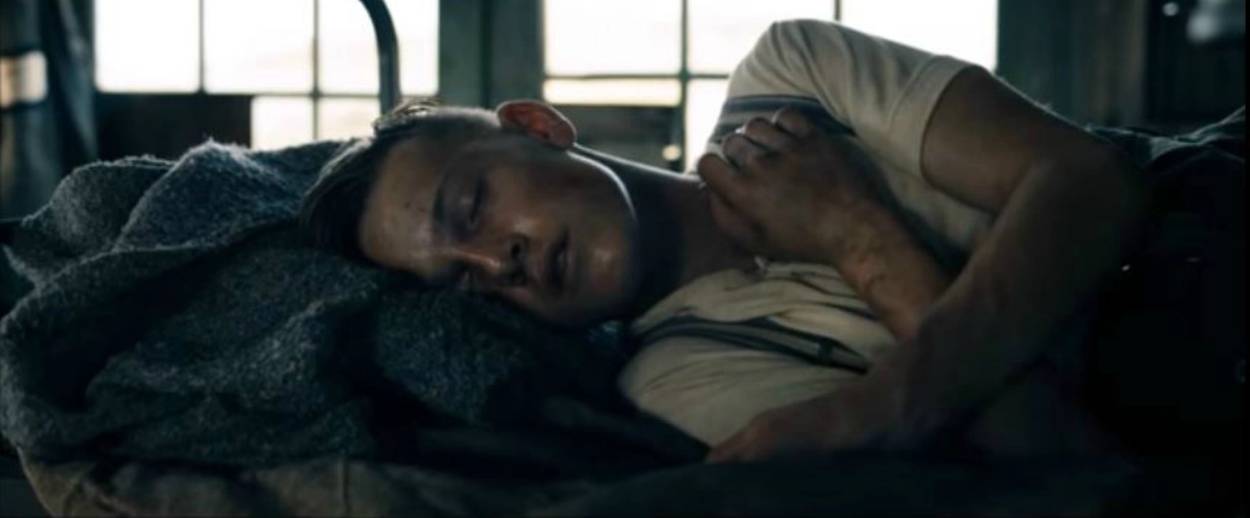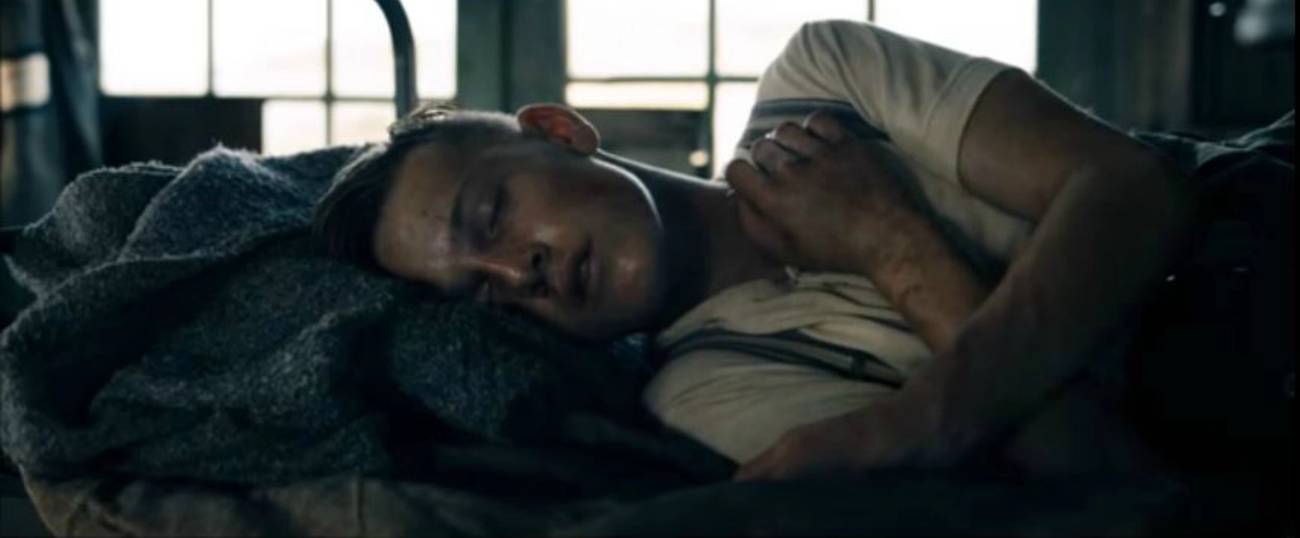Horrors, After the War
An Interview with Martin Zandvliet, the Danish director of ‘Land of Mine,’ an Oscar-nominated film about German POWs who are forced by Danish authorities to dig up landmines with their bare hands after World War II




I recently sat down with Danish writer-director Martin Zandvliet, whose movie Land of Mine is nominated for Best Foreign Language Film at this year’s Academy Awards. Land of Mine tells the story of a young group of German POWs, who are forced by Danish authorities to dig up 2 million landmines with their bare hands after World War II.
When we met at the Palace Hotel in New York, Zandvliet was wowed when I showed him the program for an October 15, 1972 event called “Tribute to the Danes Through Scholarships in Israel,” at which “Danish Fighters for Freedom” were honored. Held at The Plaza, emceed by Barry Farber, with Elie Wiesel as keynote speaker, it featured Danish men and women, rescuers and members of the Danish Resistance who declined any praise for what they had done.
Masha Leon: How do you reconcile your film’s portrayal of the humanity of the Danes as rescuers of Jews with the brutality against the teenage German boys forced to detonate mines along Denmark’s shoreline?
Martin Zandvliet: I’ve always been interested in the history of Europe and the Second World War—of Denmark portraying itself as a helping rescuing nation, which is also true. There are many stories that need to be told, [like] about the fishermen who helped the Jews flee to Sweden. Not many people know this, but the fishermen made a lot of money on this. It wasn’t just a gesture of goodwill. I wanted to tell that we were not just good Samaritans, [but] that we were also human. What to do with that hate afterwards toward the Germans [is] a dilemma: Is payback OK?
ML: There’s the Christian imperative of forgiveness. Did your family suffer under Nazi occupation? I am a Holocaust survivor. During my escape from Nazi-occupied Warsaw as a child I faced a firing squad where half the victims were shot, yet I was later helped by a German soldier who warned my mother and me how to avoid the patrols.
MZ: My father was part of the Resistance. My grandfather hid guns. I want people to remember the past—not just much about how the Germans treated the Jews or how terrible World War II was [in terms of its horrors]. It’s not about forgetting the past; [at the time it] was OK to hate the Germans.
ML: But these boys [portrayed in Land of Mine] were the youngest German combatants commandeered at the end of the war, who had been indoctrinated by the Nazis, then brutally treated by the Danes, forced to detonate some two million mines which the Germans had embedded along Denmark’s beaches.
MZ: At the beginning Denmark was not sure whether they were with the Germans or the Allies. Churchill called [the country] Hitler’s little canary birds. People don’t call me patriotic because I am criticizing. I mean, the Danish people built the bunkers, they built the mines. A lot of people made money on the war. The German boy mine diffusers were called “volunteer prisoners,” forced to walk out on the minefields. In my mind an “eye for an eye” mentality does nobody any good.
ML: How did you cast these remarkable boy actors?
MZ: We sought boys throughout Germany to represent a wide society—German working class, and so on. If they knew anything about the war it was only what they were taught in school. I gave the boys terrible back-stories. I was not trying to portray the boy soldiers as heroes. They are not innocent victims.
ML: You mention that the British were complicit with the Danes in changing the categorization of these “prisoners of war” into “volunteer prisoners.” Wasn’t there a volunteer pro-Nazi Dutch Volksarmee?
MZ: Oh, yes! I am half Dutch; my father is from Holland but born in Germany. My mom is from Denmark. When I was 3 my father left and went to Germany, made a new family, brothers and sister. When we were in a bar in Copenhagen and I presented them as my German family, someone started “Heil Hitler”-ing. It was not funny. My ending is my hope for humanity….and was meant to tweak your emotions.
Denmark’s official selection for the Academy Award for Best Foreign-Language Film opens in New York and Los Angeles on February 10.
Masha Leon is an award-winning journalist and longtime cultural columnist for The Forward and other publications. She has won Poland’s Knight Cross of Merit Medal for articles relating to Polish-Jewish affairs, and is a frequent speaker on her history as a Sugihara survivor.